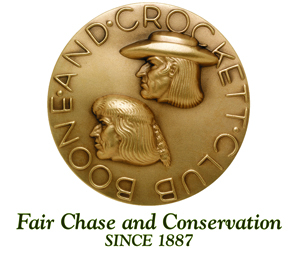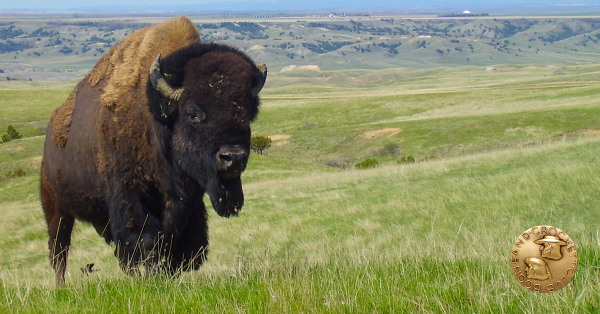Boone and Crockett Club; Legislating “Fair Chase”

MISSOULA, Mont. — According to the Boone and Crockett Club, more states are being forced to take a closer look at how information gained from GPS technology is being used to hunt big game species. The issue is making its way onto the dockets for some state legislators and governors to decide.
The state of Montana has been discussing two proposed bills. One would make it illegal for an individual to take GPS location data on a particular animal they have intensively scouted, and sell this information to another hunter. The other bill would prohibit the use of radio collar GPS tracking information obtained by wildlife biologists for monitoring and scientific management purposes to be used as an aid to locate these research animals, or transfer the information to another person. Both bills address how this information should not be used for the purpose of hunting.
“In both cases, Fair Chase is being used as the justification for proposing and supporting the passage of these laws,” said Mark Streissguth, chair of the Club’s Conservation and Hunter Ethics Committee. “We anticipate other states will be faced with the same decisions and we feel a few points of clarification will be helpful, especially between what is ethical or unethical and what is a matter of Fair Chase.”
The Club’s longstanding definition of Fair Chase is; the ethical, sportsmanlike, and lawful pursuit and taking of any free-ranging wild, big game animal in a manner that does not give the hunter an improper or unfair advantage over the game animals.
Streissguth explained, “Definitions are important, but sometimes they are not enough, which is why the Club has published a position statement and an in-depth essay on Fair Chase and hunting ethics. Legislating these aspects of hunting can be a complex issue, something we would hope to avoid, but the pressures that new technologies can place on our wildlife resources, when used inappropriately, demand action to be taken. Of its many benefits, Fair Chase is a conservation ethic that helps ensure human capabilities and technology do not overwhelm the resources we are committed to protect.”
“As far as the Club is concerned, information on the location of game gathered for scientific wildlife management should be a non-issue because no real sportsman would want or need such information,” Streissguth concluded. “Sadly it is an issue, and the Club supports steps to stop this practice. People selling information they gather by intensively scouting an individual animal, and the people buying this information as a short cut to success, should reconsider why they are a hunter in the first place.”
The Club’s full position statement and essay on Fair Chase can be read at this link.
About the Boone and Crockett Club
Founded by Theodore Roosevelt in 1887, the Boone and Crockett Club is the oldest conservation organization in North America and helped to establish the principles of wildlife and habitat conservation, hunter ethics, as well as many of the institutions, expert agencies, science and funding mechanisms for conservation. Member accomplishments include enlarging and protecting Yellowstone and establishing Glacier and Denali national parks, founding the U.S. Forest Service, National Park Service and National Wildlife Refuge System, fostering the Pittman-Robertson and Lacey Acts, creating the Federal Duck Stamp program, and developing the cornerstones of modern game laws. The Boone and Crockett Club continues to be the leader in the hunter-conservationist community through its’ work in Conservation Policy, Conservation Education and Major Universities, Hunter Ethics, and Research, and collaboration with similarly focused organizations. The Club is headquartered in Missoula, Montana. For details, visit www.boone-crockett.org.








